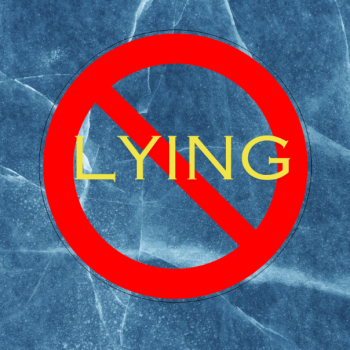By Elizabeth F. Desnoyers-Colas Ph.D
Follow Elizabeth on Twitter @MoveProfPhD
Over the past few months while waiting for this decision, I found myself acutely suffering from a continual nerve wracking case of the “Zimmerman Effect.” The Zimmerman Effect, (a self-coined condition loosely defined as a soul wrenching social justice malady) can best be described as my abject mistrust and fear of juries, especially when it comes to entrusting them to do their sworn duty in helping administer and dispense impartial justice regardless of the race, creed color or gender of the victim. So pervasive was this fear that I began to forego my usual voracious readings of social media feeds, conventional news articles that remotely had to do with this trial. In spite of my self-imposed mini news blackout, droplets of information (not all good) managed to seep into my faux calm veneer. I cringed when I heard Renisha described as a ”drunk woman” who had the temerity to look for help in a strange neighborhood as she wandered around disoriented after crashing into a parked car in Dearborn Heights, Michigan. When the the few savage Twitter feed tweets I did manage to read through viciously lambasted her for being severely intoxicated and inexplicably ending up on Wafer’s porch, I wondered about the friends she might have been drinking or partying with. Why didn’t someone who cared about her take her keys and drive her home? Do friends still let friends drive drunk? I also wondered about that well-meaning female Samaritan who may have been the last person to see Renisha alive. Why didn’t she call 911?
My level of Zimmerman Effect angst rose significantly when I heard that Wafer was being characterized by his defense attorney as a “homeowner” who was merely defending his property and himself from danger. Wafer, a 6ft tall white man with a loaded Mossberg 12 gauge shotgun claimed he was afraid for his life and felt the need to fatally defend himself from the loud door knockings of a 5 ft. 4inch unarmed female. Despite his assertions that he was just protecting himself, his own words condemned him when he declared in his last stand testimony that he was “full of piss and vinegar,” and he wasn’t going to “cower” in his home anymore in fear. Ironically, George Zimmerman was also portrayed as a defender of his property who was tired of the “thugs and punks” who robbed the condos he felt self-appointed to defend. He too decided to protect himself from Trayvon Martin, another unarmed African American teenager. Like Wafer, Zimmerman’s penchant to perform like a self-righteous vigilante on steroids removed another precious life from this planet. Both Wafer and Zimmerman could have avoided murdering innocent people by doing what millions of Americans do when they are threatened or face imminent danger—dial 911, remove themselves from harm and let the police handle the situation.
Mercifully, this jury deliberated for nine hours and came back with what could be considered a just verdict. Wader was convicted of second degree murder, manslaughter and possessing a firearm while committing a felony. He will be sentenced August 21, 2014 and could face life in prison. Renisha’s family will face an even harsher penalty, that of being deprived of the love and company of their daughter. Walking in the noble God given grace and courage that only mothers who have lost their children to such heinous crimes can, Monica McBride, Renisha’s mother brushed aside the media’s ill-informed suppositions and racists’ vicious attempts to scandalize her daughter’s name by continually reminding them that Renisha was the real and only victim. When it was all said and done, her mother quietly observed, justice showed that Renisha, a “regular teenager,” who was well-raised and brought up in a loving family” was important. “Her life mattered, and we showed that.”
I breathed a long sigh of relief when I mustered up the courage to read the verdict in my Twitter feed. With tears streaming down my face, I repeated the Dr. Martin Luther King Jr.’s oft quoted “…until justice rolls down like water and righteousness like a mighty stream,” over and over like a prayerful mantra. Quiet repetitions of this prophetic refrain soothed my raw spirit like a healing balm. As I began to mend from the hurtful influences of that social justice malady I fervently prayed that that future juries would remember Renisha McBride and never let their verdicts pass on or generate the “Zimmerman Effect.”















